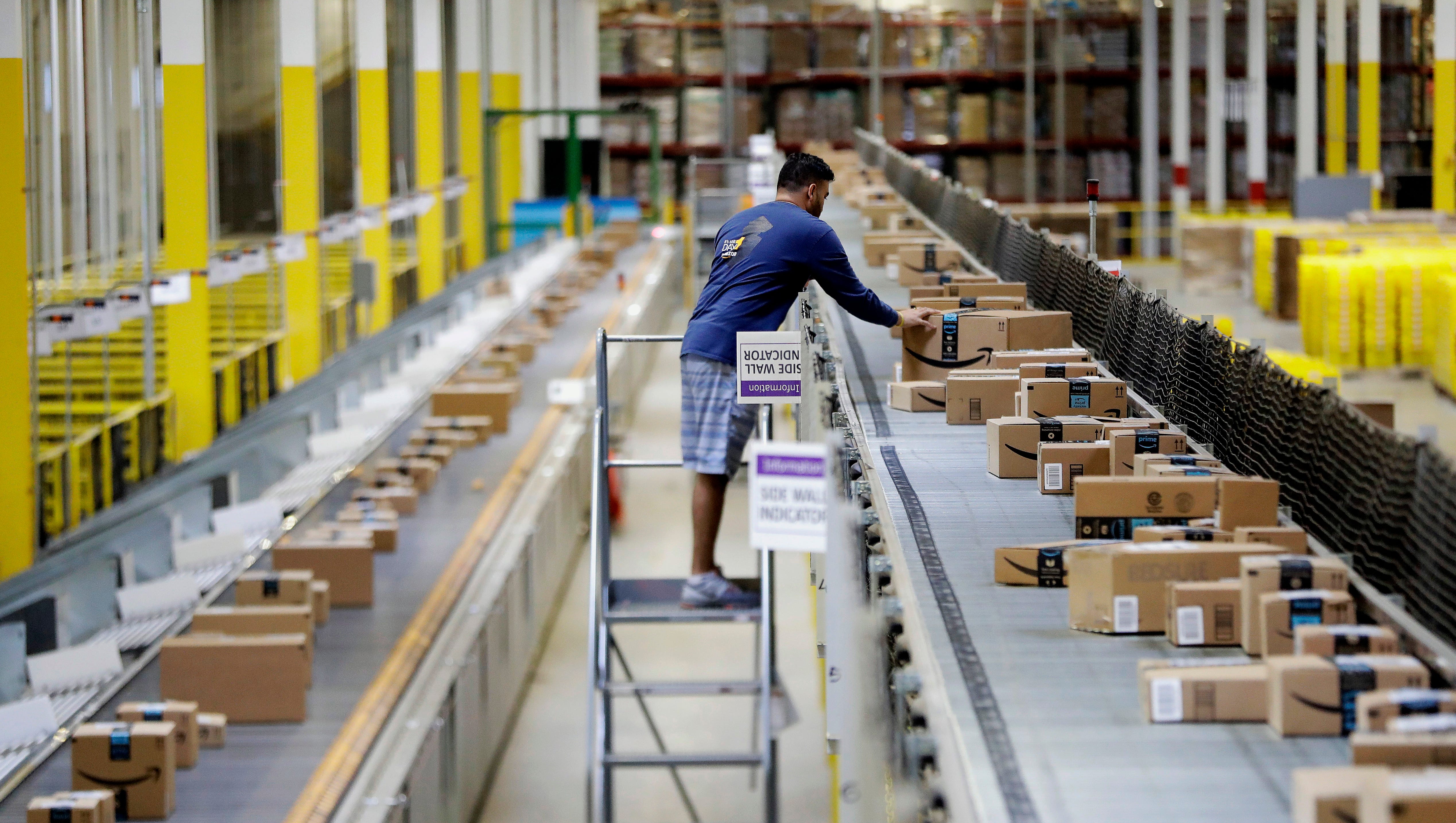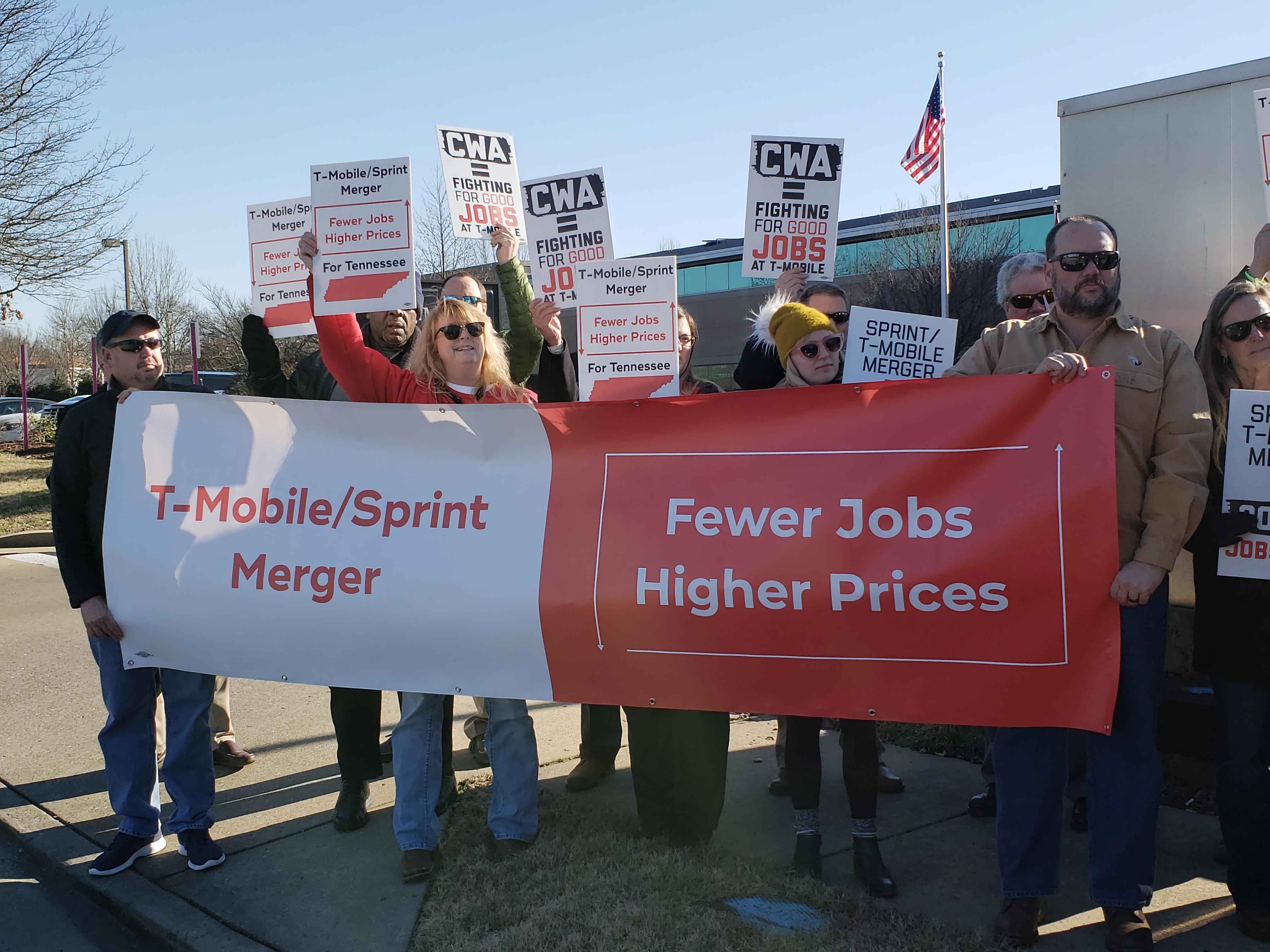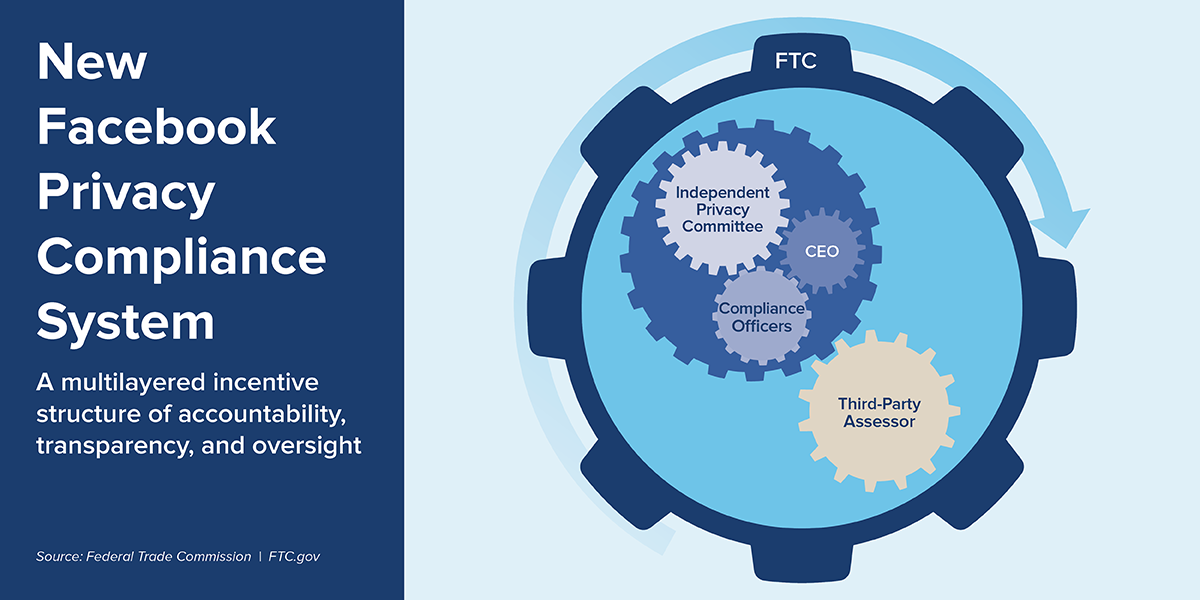
In the debate over the causes of today’s persistent inflation, corporate profiteering tends to get put far down on the list, well below factors such as supply-chain bottlenecks and the war in Ukraine. While corporate practices may not be the primary driver of rising prices, they are something government officials can actually do something about.
In fact, they already are trying to do so. One of the primary arenas is agribusiness, especially poultry processing. For instance, the Washington State Attorney General just announced that Tyson Foods has agreed to pay more than $10 million to settle its role in a lawsuit alleging that a dozen broiler chicken producers conspired to manipulate prices.
The U.S. Justice Department has also been targeting the broiler producers. It has run into difficulty proving its allegations against specific executives and has dropped a slew of individual charges. That doesn’t necessarily mean price fixing hasn’t been occurring. One of the major corporate defendants, Pilgrim’s Pride, pled guilty to criminal charges and paid a penalty of $107 million.
DOJ’s case against the chicken industry is not a response to recent inflation. It is an attempt to address many years of inflated prices resulting from collusion among a small group of companies in a highly concentrated industry.
Whatever happens with the government’s case, the industry is still facing a slew of private antitrust lawsuits that have been consolidated in federal court in Illinois. Last May, the judge presiding over the sprawling case certified three classes of plaintiffs: direct purchasers, indirect purchasers and end-user consumers. The plea by Pilgrim’s Pride in the DOJ case will make it much easier for the various plaintiffs to win substantial relief beyond the several hundred million dollars already paid out in partial settlements.
Chicken producers have also been accused of anti-competitive employment practices. In July, Cargill Meat Solutions, Sanderson Farms and Wayne Farms agreed to pay a total of $84.8 million to settle a civil antitrust case alleging that they engaged in a long-running conspiracy to depress wages by improperly exchanging information and coordinating their pay practices. A court-appointed monitor will oversee their behavior over the next decade.
The potential for future collusion, however, is now greater. Over the summer, a joint venture of Cargill and Continental Grain, the parent of Wayne Farms, acquired Sanderson and combined it with Wayne to form Wayne-Sanderson Farms. This deal creates another mega-producer alongside Tyson and Pilgrim’s Pride. The three will together control over 50 percent of the chicken market.
Diminished competition by itself serves to push prices higher. The effect is intensified in an industry whose dominant players have shown an inclination to engage in collusion as well. Anti-competitive practices by themselves do not account for mounting inflation, but they are a significant part of the story that deserves more attention—and more intervention by regulators and prosecutors.







 There is growing awareness of the dangers posed by Amazon’s ever-increasing market clout, but the concentration of economic power is not limited to that online retailer. More and more U.S. industries have become oligopolies, and in some sectors the top two companies now have a market share
There is growing awareness of the dangers posed by Amazon’s ever-increasing market clout, but the concentration of economic power is not limited to that online retailer. More and more U.S. industries have become oligopolies, and in some sectors the top two companies now have a market share  Three days after Donald Trump took office in 2017, the Pharmaceutical Research and Manufacturers of America trade association
Three days after Donald Trump took office in 2017, the Pharmaceutical Research and Manufacturers of America trade association
You must be logged in to post a comment.